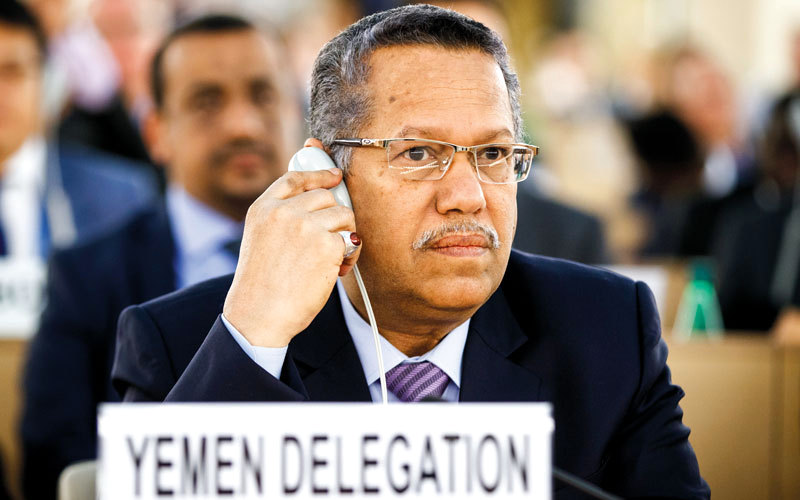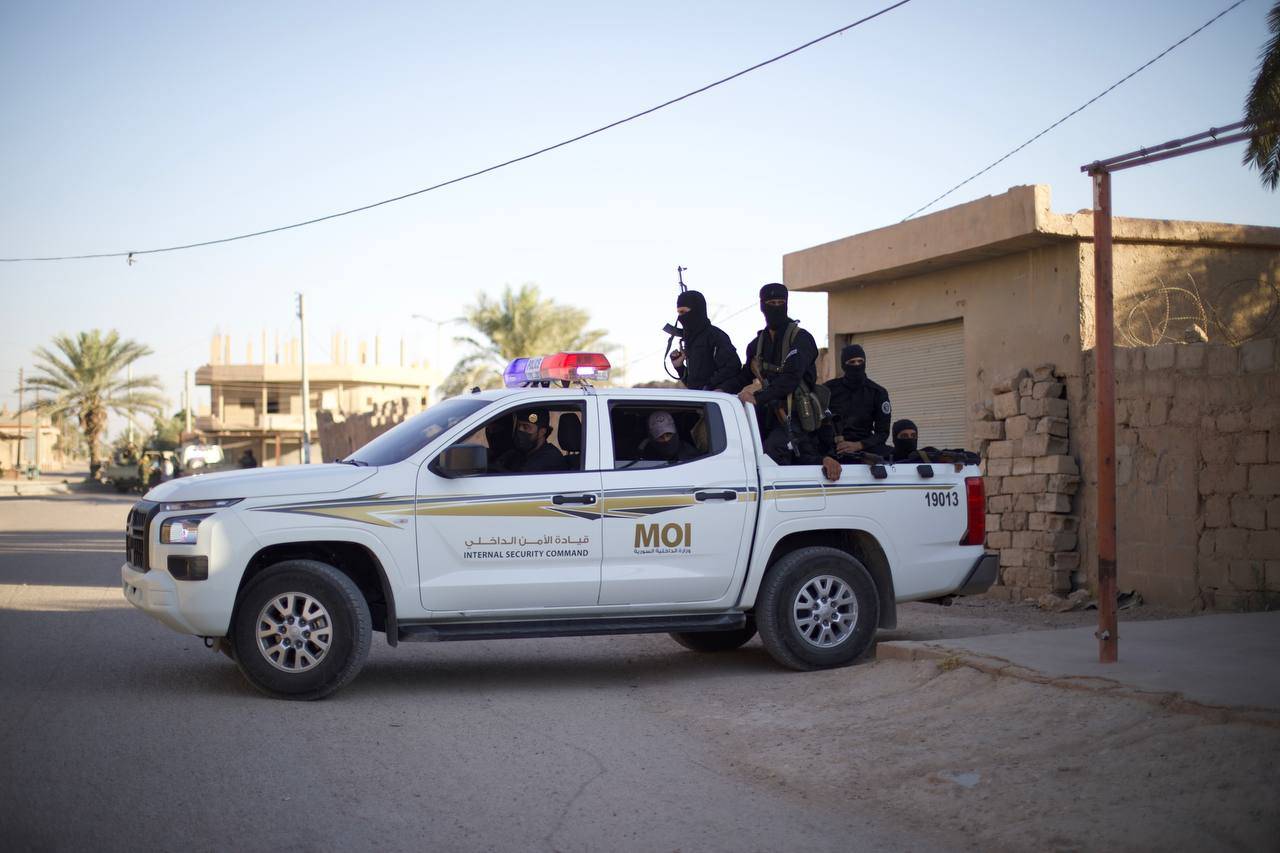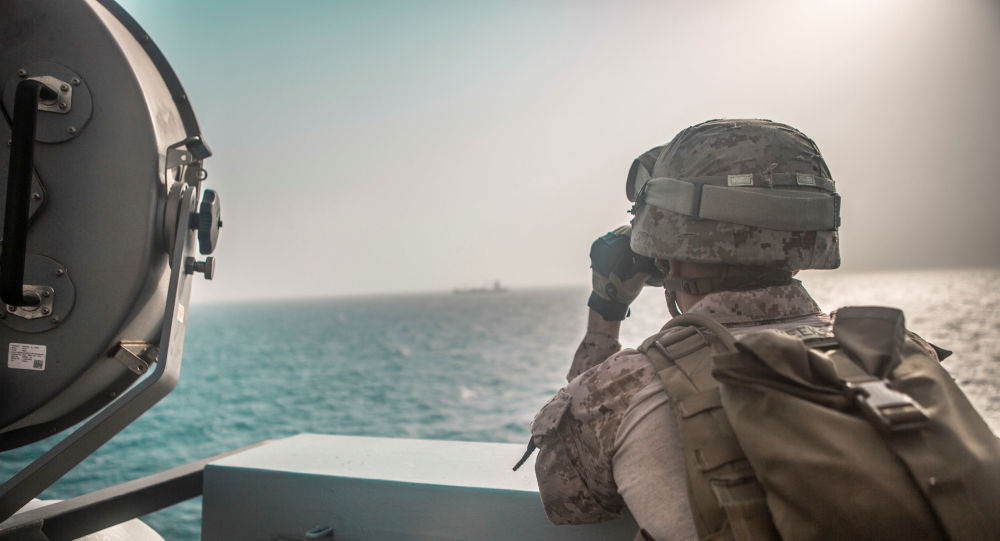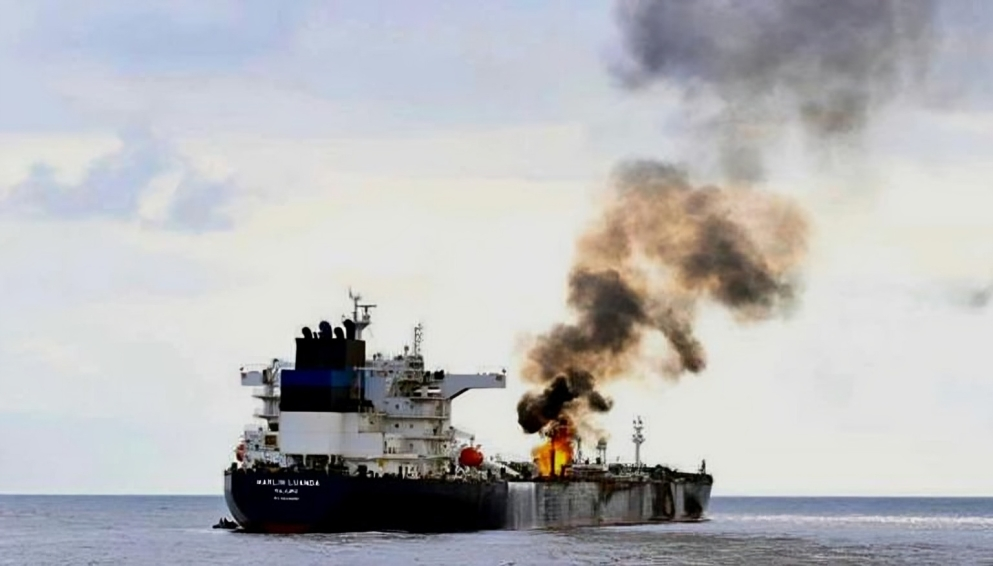
Barran Press
On January 8, 2025, Ahmed Obeid Bin Dagher, the Chairman of the Yemeni Shura Council and head of the National Coalition of Parties, commended the Presidential Leadership Council's plan to restore stability in Hadhramaut province, Eastern Yemen. He described the plan as “serious and marked by a strong sense of national responsibility and justice.”
In a statement shared on X and reported by Barran Press, Bin Dagher noted that the decisions made addressed issues that had become popular demands. He expressed hope that solutions would be implemented and emphasized the importance of maintaining the state's authority.
Bin Dagher urged all authorities to understand that the citizens' trust in Hadhramaut and throughout Yemen hinges on their effective service delivery, primarily ensuring security and protecting citizens' rights.
He called for a return to normalcy in Hadhramaut, stating that there is no longer a reason for ongoing disputes and that security and stability should prevail. He acknowledged that Hadhramaut has paid a heavy price for instability.
The chairman expressed his desire for citizens to benefit from the region's resources, which would positively impact the overall situation in Yemen, thus reinforcing community and state unity while supporting legitimate efforts against the Houthis, whom he described as the enemy of the citizen and the homeland. Defeating them and restoring the state to achieve lasting peace is a collective mission for all Yemenis.
Additionally, the Hadhramaut Tribes Alliance welcomed the Presidential Council's statement on a comprehensive plan for normalizing conditions in the province, considering it a "step in the right direction."
According to the official Yemeni news agency Saba, the alliance's spokesperson, Khash Saeed Al-Saeedi, stated that they received a series of solutions regarding Hadhramaut’s entitlements announced by the Presidential Council through official media.
He mentioned that a meeting would be convened soon with tribal leaders and political figures to discuss the situation further.
On January 7, the Presidential Leadership Council announced a plan to normalize conditions in Hadhramaut, approving six executive measures that included using revenues from crude oil sales stored in the Al-Dabba and Al-Masila oil facilities to establish two new power stations in the coastal and valley areas of Hadhramaut.
The measures also aim to support efforts to unify and mobilize the people of Hadhramaut and their various components, enhancing their equitable partnership in state structures and future political entitlements.
Additionally, the plan includes integrating Hadhramaut residents into the armed forces and security services according to established laws and recruitment standards, as well as establishing a general hospital in Ghayl Bin Yamin funded by diesel revenue from PetroMasila and addressing corruption allegations linked to the company.
The Council specified that these measures require the support of local authorities and all Hadhrami components, calling for an end to protest movements in preparation for comprehensive reforms to restore Hadhramaut to its rightful place as a leader in development, stability, and peace.
The Presidential Council urged the people of Hadhramaut and their political and community structures to distance the province from any internal conflicts and to focus on its development, alleviating the suffering of its citizens and enhancing its historical status as a model of peace and rule of law.





